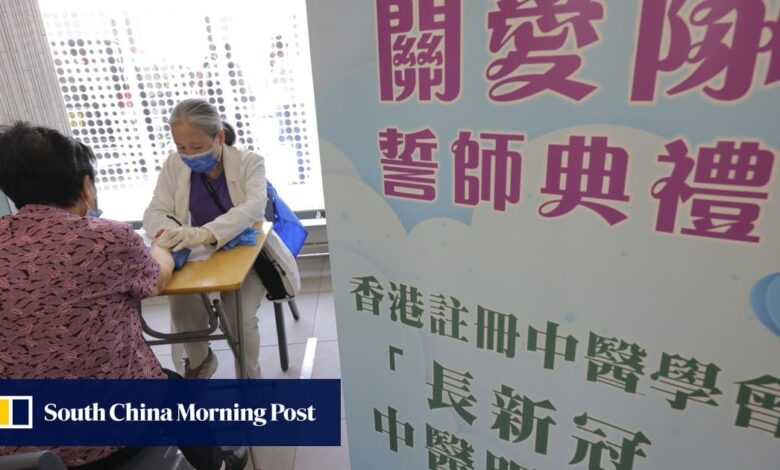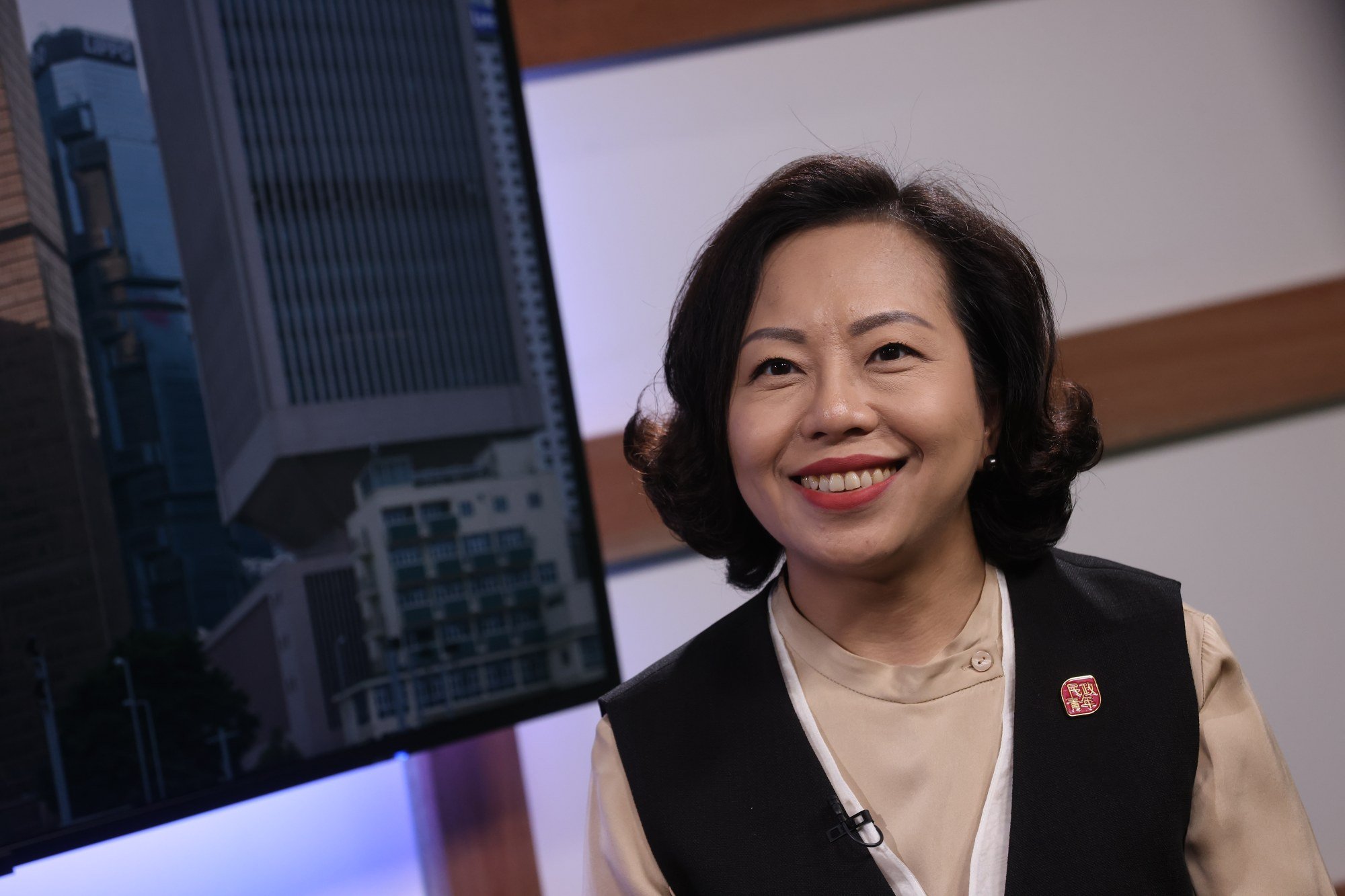Hong Kong community care teams for vulnerable groups should aim to meet annual target for home visits, minister says

[ad_1]
Community care teams tasked by the Hong Kong government to reach out to vulnerable groups and carers should aim to meet an annual target for the number of home visits, a minister has said.
Secretary for Home and Youth Affairs Alice Mak Mei-kuen on Tuesday also said professional training would be provided to the team members under a pilot scheme to equip them with skills to communicate effectively with elderly residents.
“Every care team has to reach the key performance indicators [KPIs], such as an annual target to reach a certain number of visits to households and residents in need,” Mak told a radio programme.

The care teams in the Southern district and Tsuen Wan, launched in April and joined by volunteers in the community, are expected to work with staff from the Social Welfare Department and Health Bureau under the pilot scheme, which will also cover counselling skills and how to identify the needs of vulnerable people, especially those with mental disorders.
“We are not underestimating the difficulties of the task,” the minister said. “It is hard to guarantee that the team will not miss one or two [people in need] because they are not professionally trained social workers, so we must ensure the team provides proper services to those in need.”
Authorities have vowed to step up efforts to identify “hidden” cases after a spate of tragedies involving vulnerable people. Last month, two brothers with mental disabilities were believed to have starved to death after their carer mother was admitted to hospital.
Hong Kong district volunteers ‘to have funds cut if they unfairly back poll hopefuls’
Hong Kong district volunteers ‘to have funds cut if they unfairly back poll hopefuls’
The deaths sparked calls for a community safety net and more outreach efforts focused on families with single elderly members and older carers.
The Southern district and Tsuen Wan care teams are divided into 17 to 19 small groups. Each team has been given between HK$800,000 and HK$1.2 million for two years of service.
Mak said the goal of the teams was to provide information and referrals to services that vulnerable people were not aware of, such as meal deliveries and chaperoning assistance for medical consultations.
But she emphasised that the role of care teams should not be mistaken for that of professional social workers or counsellors, as their primary responsibility was to serve as the first point of contact when identifying a potential case in need of assistance.
The key performance indicators (KPIs) set out for the two pilot teams would include the number of door-to-door visits, which will be recorded and reviewed by the authorities, Mak said, without specifying the quotas.
Hong Kong’s John Lee offering up piecemeal welfare policies, community leaders say
Hong Kong’s John Lee offering up piecemeal welfare policies, community leaders say
“We do not want the teams to chase a quota as if meeting sales targets,” she said, adding that the quality of the support they provided would also be considered and reviewed by the government.
She said the care teams would also collaborate with mental health professionals to ensure they had support when dealing with complicated cases.
Chief Executive John Lee Ka-chiu highlighted in his policy address last week that care teams could play a role in offering support to vulnerable people that social welfare services were unable to reach.
Mak on Tuesday reiterated that the government had allocated sufficient resources to the care teams, including an application platform in the making to speed up filing visit records and spare them from excessive administrative work.
[ad_2]
Source link





